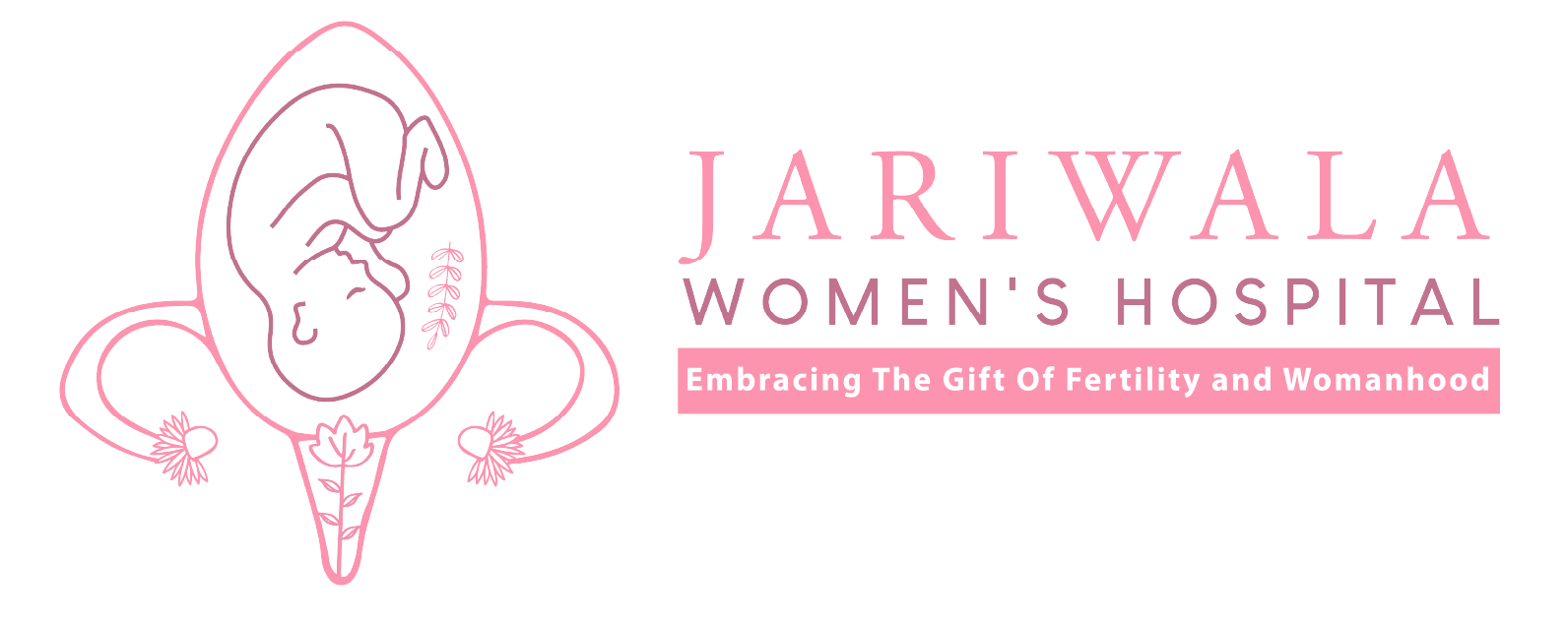IUI
Intra-uterine insemination is a form of artificial reproductive technology (ART) that help you to treat infertility, in this sperms collected from the male body is directly placed in the female uterus when it releases eggs, this makes the process of fertilization easy for the couple.
.webp)
WHO SHOULD GO FOR IUI?
-
Unexplained infertility
- Some women are unable to find the reason for infertility. There is a step in the IUI process that helps stimulate the ovaries and to improves the development of follicles.
-
Hostile uterus
- It is a common reason for infertility in which the condition of the uterus is inhospitable for the fertilization. Poor cervical mucus makes it difficult for the sperm to travel.
-
Sexual disorder
- IUI is recommended by doctors to those couples who face infertility problems for various reasons such as poor quality of cervical mucus, low sperm quantity, ovulation disorder, or erection dysfunction.
PROCESS
-
Counselling
- Before going for IUI the couple should know each information like risks, success rate, and complications. The experts help you to know each and every procedure in detail. At Jariwala Women’s Hospital, the counsellor clears your doubts and concern regarding the treatment.
-
Ovarian stimulation
- In this step, the ovaries are stimulated to improve the efficiency of ovulation. The process begins on the 2nd day of menstruation during which the medication is given to stimulate the development of follicles. This process is followed till the sixth day.
-
Monitoring ovulation cycle
- The response of the ovaries is monitored through ultrasound. From the tenth and twelfth day of the stimulation, the development of follicles is monitored. The number of times the scan is done is depended on the expert.
-
Trigger for ovulation
- After follicles reach the desired size, the woman is injected with HCG injection (it increases the chance of getting pregnant). Approximately, after 36 hours woman starts to ovulate.
-
IUI
- After a scan is done to monitor the ovulation and if the ovulation takes place the insemination process is done on the same day.
SUCCESS RATE
- Age above 35
- Quality of egg
- Quality of sperm
- Endometriosis
- Damage in the fallopian tube
- Low sperm count
The success rate of IUI is 10%-15%, but at Jariwala Women s Hospital under the guidance of a highly qualified doctor success rate is 73%. The success rate of IUI depends on factors like:
RISKS
-
Multiple pregnancies
- The chances of getting pregnant with twins or triplets are higher as you produce more than one egg. Having more than one baby sometimes leads to premature delivery.
-
Ovarian hyperstimulation syndrome (OHSS)
- It is a rare case in which ovaries are overstimulated and more than one ova is released and matured at the same time. This causes ovaries to swell and get enlarged and make the person feel pain and discomfort in the lower abdomen.
-
Infection
- The chances of getting the infection from the IUI process are rare. Though insemination of sperm in the uterus through the catheter can transfer virginal germs to the uterus their chances of survival are low.
-
Spotting blood
- As in the process, the catheter is inserted in the uterus which can damage the cervical and vaginal tissue, small amount of vaginal bleeding can be spotted but it does impact though.
MYTHS
-
IUI is not successful in the first cycle.
- The success of IUI depends on several factors like the quality of sperm and egg and many more.
-
IUI is the only option.
- It is not true there are many other options like IVF and ICSI.
-
The IUI procedure is painful.
- The IUI procedure is not painful. One can experience discomfort and cramps in the insemination area.
-
Age does not affect fertility.
- Age plays a major role in fertility as the quality of sperm and eggs depends on that, one can face sexual disorders like low sperm count and many more.
